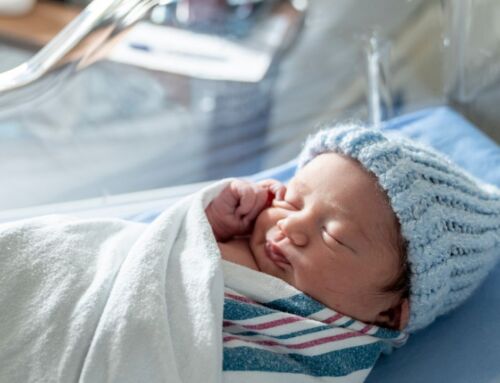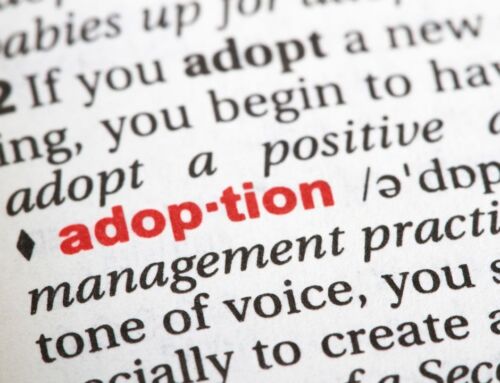When to Say Expectant Parent vs. Birth Parent
April 9, 2024

Many people considering adoption start by researching open adoption online. A quick Google search will provide a wealth of information, primarily from adoption agency websites. As you’re reading through them, you may notice that some refer to pregnant women as “expectant parents” and others use “birth mothers.” If you’re wondering why that is, and what the difference is, keep reading!
What do the terms “expectant mother” and “birth mother” mean?
An expectant mother is a woman who is currently pregnant, regardless of her intention to parent or choose adoption
Expectant Mother: a woman who is pregnant
Merriam-Webster
A birth mother or first mother is woman who has given birth and legally placed her baby for adoption
Birth Mother: the mother of a child when the child is born : a woman who gave birth to a child who has been adopted.
Britannica
These terms are used for fathers as well.
Are these terms interchangeable?
No, “expectant parent” and “birth parent” are not interchangeable, especially when talking about adoption planning. While it may sound like a minor difference, it can be an important red flag. Referring to a pregnant woman as a “birth mother” implies that a woman has committed to placing her baby into adoption.
Why is the difference important?
In adoption, the expectant parents must be empowered to make their own choices without pressure or coercion. While the difference between “expectant” and “birth” parent may seem subtle, the subconscious impact can be significant.
Calling an expectant mother a “birth mother” assumes that she is going to place her baby for adoption. She may feel committed to following through with an adoption out of fear of disappointment or repercussions. She may also feel like she doesn’t have control or that someone else is making decisions for her – especially if she starts taking on the identity of a birth mother before she has delivered.
At Adoption Advocates, we want to make sure that expectant parents understand that they have the right to change their minds at any time. We avoid making assumptions or guarantees that they will sign relinquishment papers. Instead, we provide support and guidance, always stressing the importance of making an informed decision that feels right for them. We stress this with our adoptive families as well.
Adoption is a complex and emotional process, and our goal is to make it as positive as possible for everyone involved. We never want anyone to feel pressured or have false hope, and we always strive to provide empathy and compassion while being ethical and transparent.








